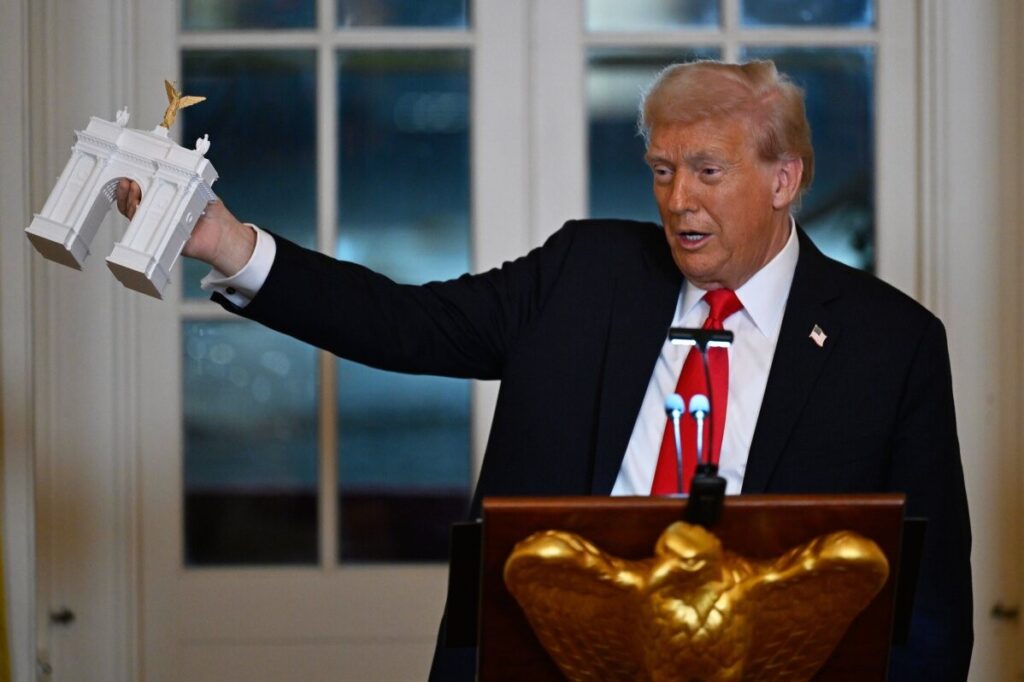U.S. Caribbean Strikes Spark Outrage and Tragedy: Who Pays the Price for Washington’s Militarized Drug War?
Recent U.S. military strikes in Caribbean waters have killed civilians, including fishermen from Trinidad and Tobago, raising critical questions about legality, accountability, and the real cost to American security and sovereignty.

In the shadowy waters between Venezuela and Trinidad, a troubling saga unfolds as the United States carries out a militarized campaign against alleged drug traffickers—a campaign with real human costs and questionable legal grounds. The recent strike that killed six people, including two Trinidadian fishermen, exposes a grim reality: ordinary families are bearing the brunt of Washington’s aggressive, overseas drug war.
Who Profits When American Guns Fire at Our Neighbors?
Samuel Moncada, Venezuela’s ambassador to the United Nations, did not mince words when he condemned these U.S. strikes as “extrajudicial executions” and called for a U.N. investigation into what he described as a pattern of assassinations. While political posturing is expected in international forums, what cannot be ignored are the facts on the ground—families in Trinidad mourning missing fishermen like Chad Joseph, whose only crime may have been trying to make a better life amid economic hardship.
This tragic loss raises urgent questions: How many more innocent lives will be sacrificed under the guise of fighting drugs? And at what point does this militarized approach risk undermining regional stability and America’s moral standing?
Is Militarization the Right Answer or a Dangerous Overreach?
The Trump administration has treated suspected drug traffickers as unlawful combatants, justifying lethal force in international waters. Yet, this policy skirts established legal boundaries and bypasses due process, raising alarms among Democrats and some Republicans alike. Even key Caribbean leaders express mixed messages—from outright support for violent measures to growing unease about collateral damage and sovereignty infringements.
Meanwhile, Washington’s strategic pivot to expand military presence in Puerto Rico and throughout the Caribbean is not just a defense realignment; it represents a seismic shift that risks entangling America deeper into conflicts that do little to secure our borders or protect our citizens.
For hardworking American families already struggling with inflation and economic uncertainty, this distant conflict offers no clear benefit—only mounting costs in lives and strained diplomatic ties. The crucial question remains: Should America wield its power with such cavalier disregard for international norms and human life?
Ultimately, these strikes highlight the failure of globalist approaches that ignore national sovereignty and individual freedoms. True security for America comes from policies rooted in respect for law, clear accountability, and protecting citizens first—not endless overseas military adventurism.
As these tragedies unfold in Caribbean fishing villages thousands of miles away, their ripple effects touch us all. America must demand transparency and accountability now before more innocent lives are lost in failed experiments posing as national security.
